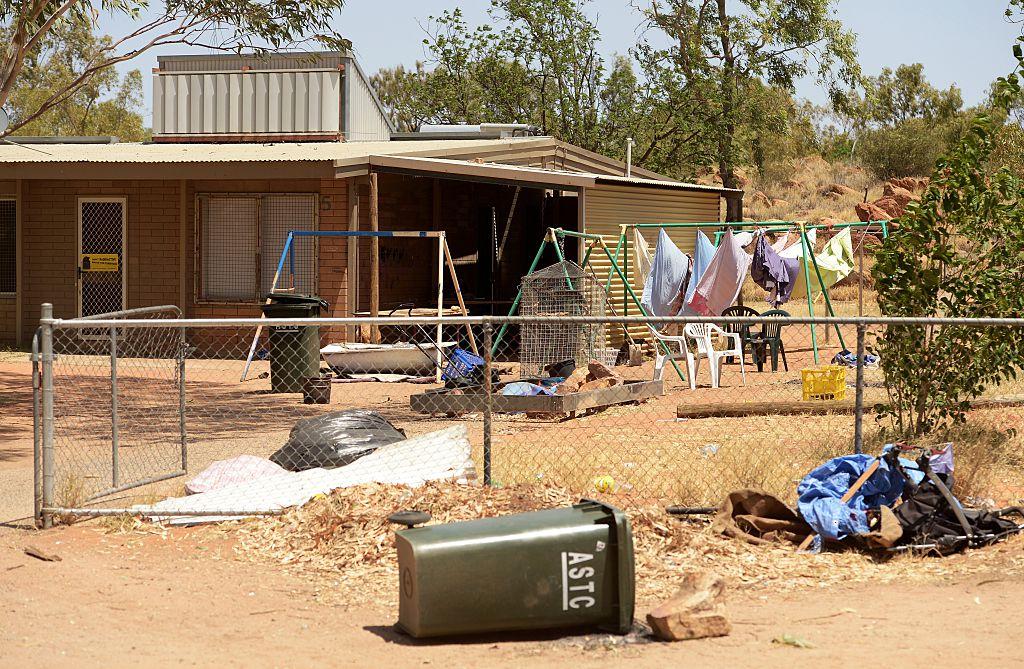Northern Territory Parliament has passed Declan’s Law, a significant piece of legislation aimed at tightening bail conditions for violent offenders.
This law, introduced by the Country Liberal Party (CLP), follows the tragic death of 20-year-old Declan Laverty, who was fatally stabbed while working at a fast-food outlet in March last year by an offender out on bail.





